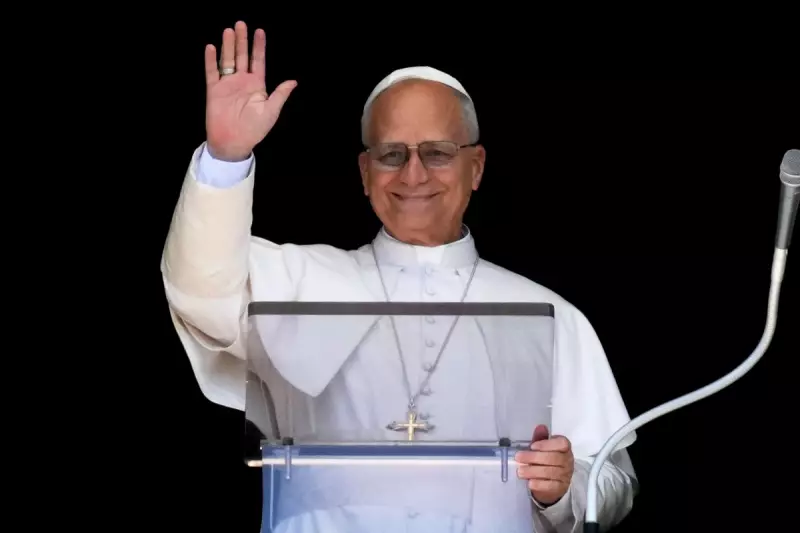
In a move hailed as a powerful symbol of pastoral outreach, Pope Francis has held a significant private audience with Father James Martin, a prominent Jesuit priest and leading advocate for LGBTQ+ Catholics.
The meeting, which took place in the Apostolic Palace, is being interpreted as a major gesture of support for the priest's pioneering ministry and a clear signal of the Pontiff's desire for a more inclusive Church.
A Landmark Encounter at the Heart of the Church
The Vatican confirmed the meeting lasted approximately an hour, a substantial amount of time for a private papal audience. During their discussion, the Pope and Father Martin, who is editor-at-large of the Jesuit publication America Magazine, spoke at length about the importance of ministering to LGBTQ+ individuals and their families.
This high-profile encounter is seen as the Pope's most direct endorsement yet of Father Martin's work, which has often attracted criticism from conservative factions within the Church for its focus on building bridges with the LGBTQ+ community.
Solidarity and Support from the Pontiff
According to sources, Pope Francis offered his full encouragement for Father Martin's mission. He has previously expressed support for the priest's work, but this face-to-face meeting at the Vatican elevates that backing to a new, profoundly public level.
The Pope's famous "Who am I to judge?" remark in 2013 first signalled a change in tone from the Vatican. This latest action moves beyond rhetoric, providing tangible, high-level validation for those working towards greater inclusion.
A Message of Welcome and Compassion
Father Martin, the founder of the 'Outreach' ministry for LGBTQ+ Catholics, has long argued for a Church that emphasises welcome and compassion. His books and lectures encourage a pastoral approach that focuses on the individual rather than doctrine alone.
This audience with the Pope will undoubtedly be seen as a monumental moment of hope for many LGBTQ+ Catholics and their allies around the world, reinforcing the message that they have a place within the faith community.





